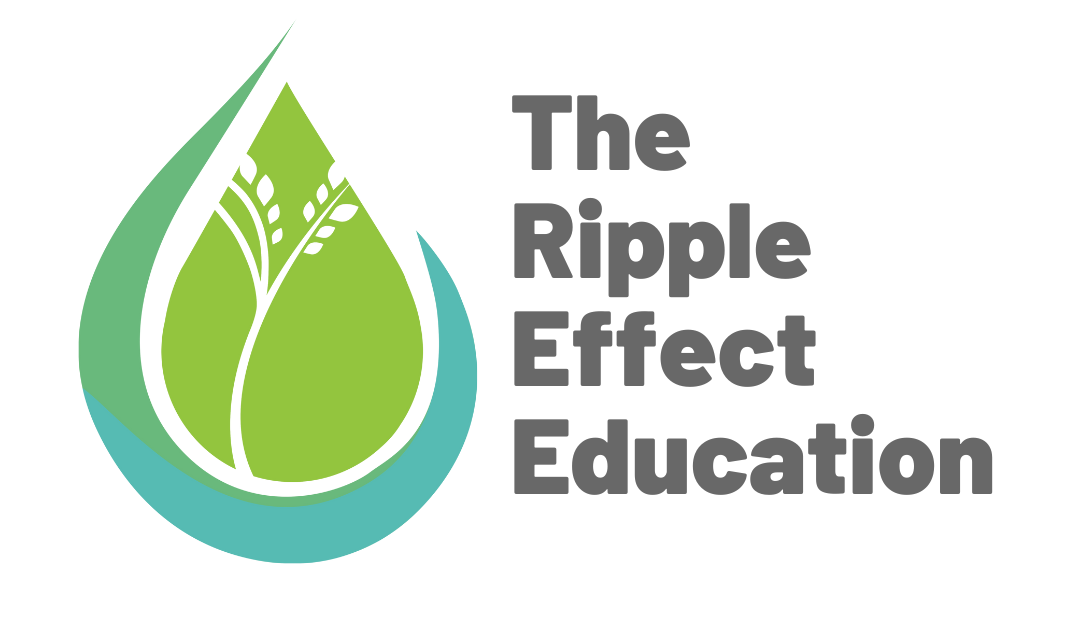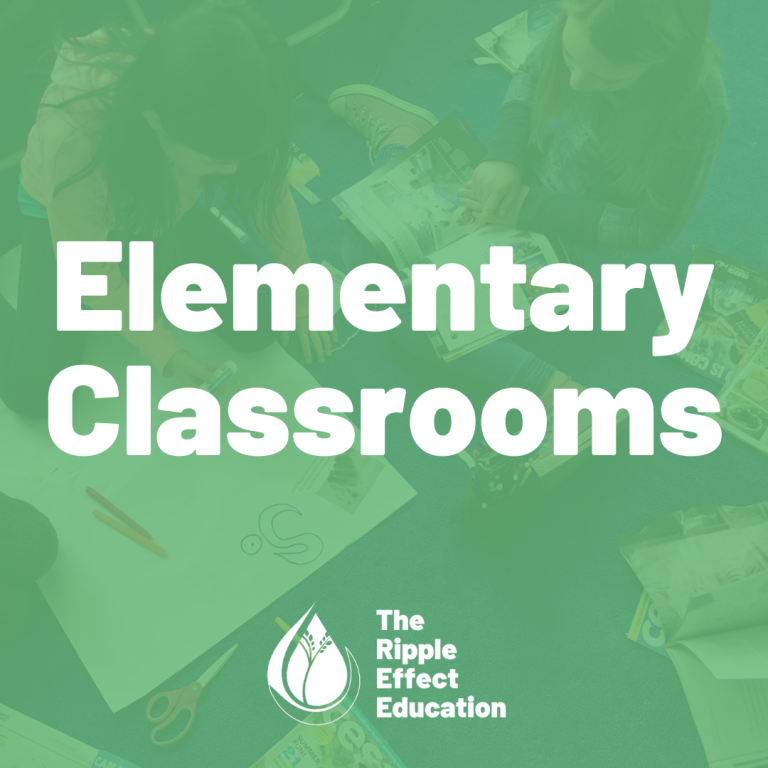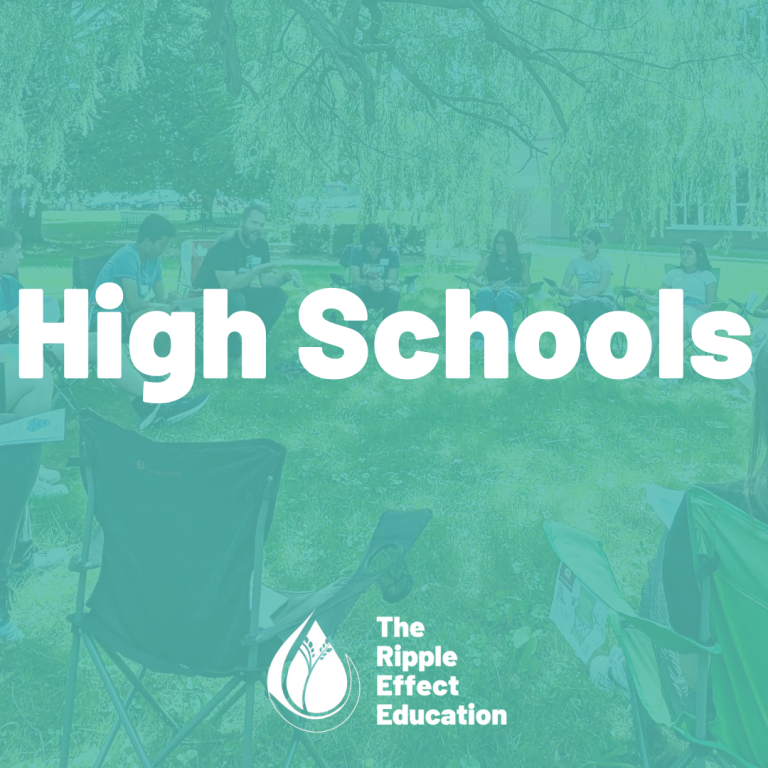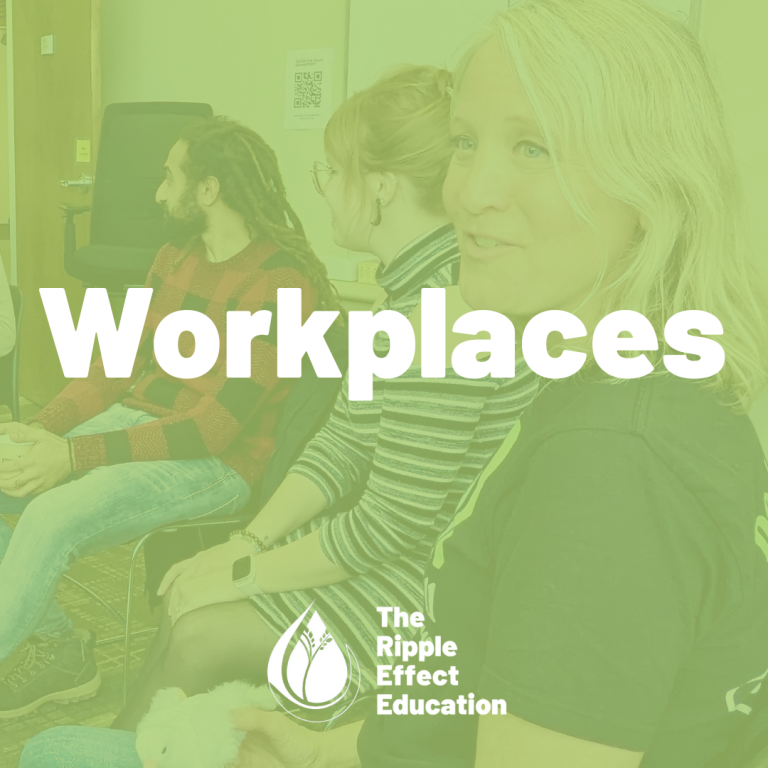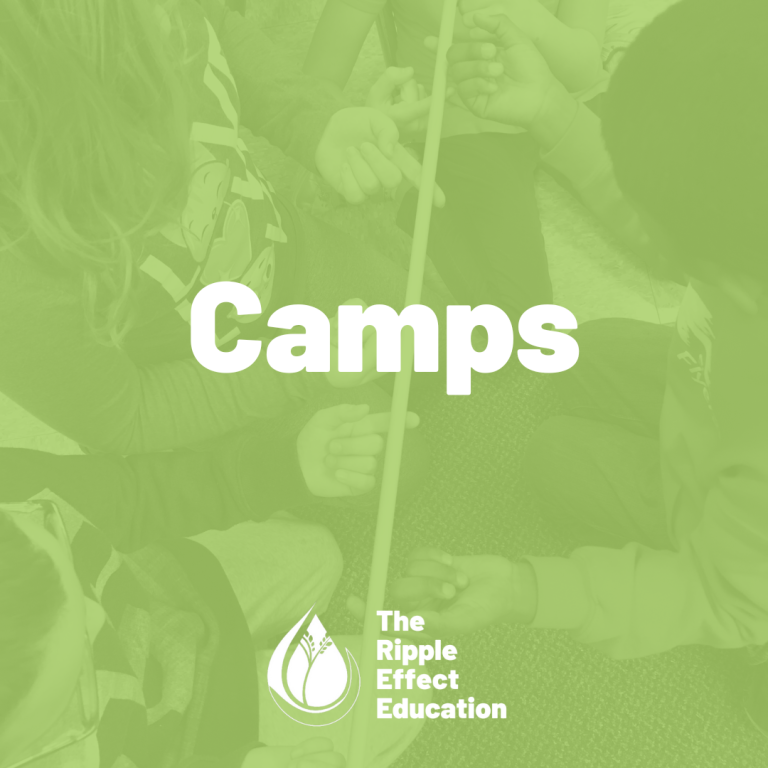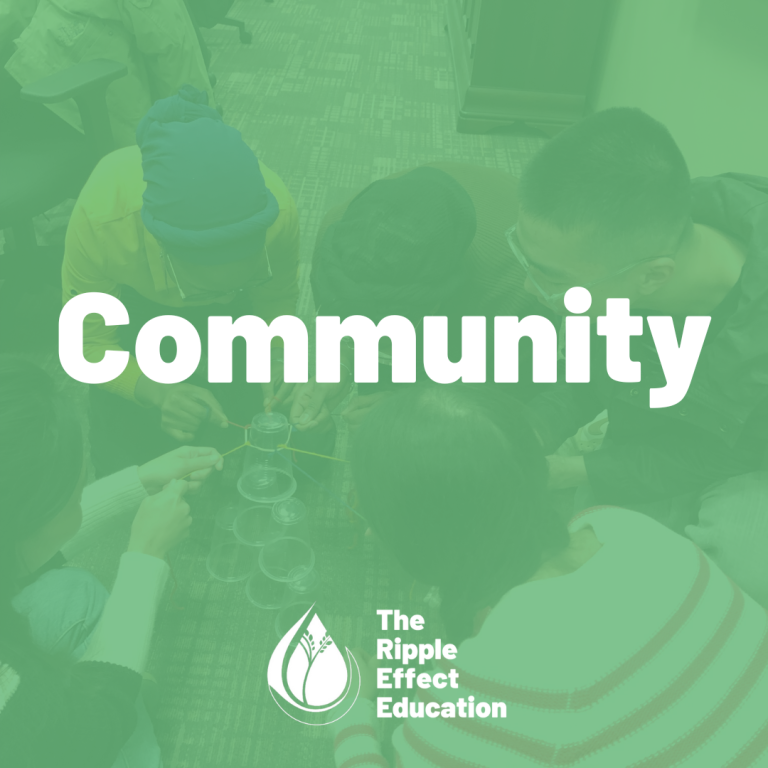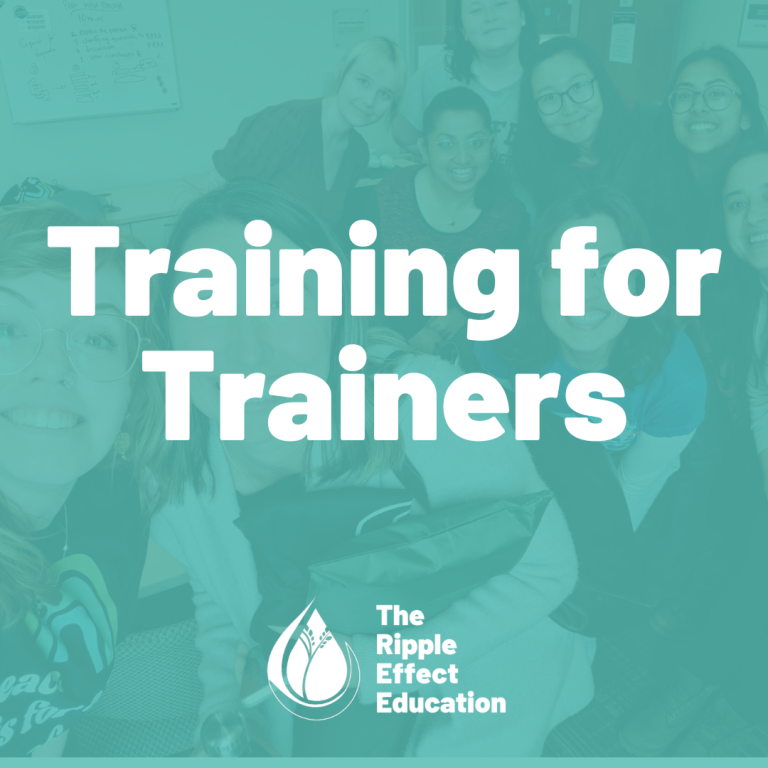As someone working in the peace and conflict field, friends often often ask for advice about a conflict they’re experiencing. Sometimes this is an issue with a friend or family member, sometimes they are experiencing conflict with a co-worker or supervisor, or sometimes the problem they are experiencing is with a system that is working against them. No matter the conflict, there is of course pressure on the advice-giver. Especially when asked to help people we care about, it can be so easy for us to want to solve the problem for them, to come up with an easy solution they can take and apply themselves. This is, of course, wishful thinking. We cannot put conflict in a box, tie it with a bow, and say “There you go, I figured it out!” Conflict is much more complex and nuanced than that, and so should our advice be as well.
When someone approaches me about a conflict, there are three main approaches I take to support them to find a way forward.
1. Stay neutral
When we support a friend who is hurting, it can be so instinctual to automatically take their side and support from that position. In some situations, when harm is being done or there are power imbalances within the conflict, this can be a healthy approach to take. For everyday conflicts however, as third parties it is most useful if we remain neutral. We can listen actively and empathetically, we can trust and believe what they are saying, but we do not need to take on the emotions that they are experiencing towards the other party. You may be in a position where you have a relationship with both individuals involved, and so remaining neutral is vital to you remaining a supporter, rather than becoming part of the conflict. Staying neutral means not taking sides in either direction, but rather staying in the middle and helping both sides to see each other.
2. Talk face-to-face
The amount of times I have given advice over text or email is probably a bit absurd. Through a lot of trial and error, I have learned what may seem like common sense but can be very hard in practice: when having any conversation where emotions are involved, always talk face to face, in person or in a video call. Tone, inflection, and body language are all vital parts of communication, and those get lost when we are not able to see and hear the other person. Having conversations in person can help you to stay neutral, and you can offer an empathetic look or nod.
3. Ask open-ended questions
Not just any questions will do! When someone comes to you for advice they are the ones who are the expert of their experience. They likely have a sense of their emotions, potential solutions and what they need from the other party. Your job as a supporter may be to help them process to unearth these answers. They know the answers, they just may not know they know! I will often ask questions like, “How would you like to see this resolved?” or “What would you feel comfortable with in terms of steps forward?” or “What do you think the other person is needing out of this?” I ask open-ended questions that help the person to reflect on their own experience, and guide them to an understanding of where they are at and what they need. This also helps to encourage self-reflection. When we understand why we are frustrated and what is underlying those feelings, addressing them becomes that much easier.
When we stand outside of a conflict looking in, it can be so easy to see what is going on. But when we are the ones in conflict, there are so many tiny factors that are at play that can make it hard to really see a clear picture. When friends come to us in conflict, the best thing we can do is be sounding boards for their own experiences. As much as we might want to jump in and tell them what we would do in their situation, those kinds of conversations are often not as helpful or constructive as we might hope. What we can do is offer support and space for friends to explore the conflict from a neutral place, and help them to verbalize their emotions and needs.
 Erin Huston is a social justice advocate and community-building facilitator. After finishing degrees at the University of Waterloo in Legal Studies and Peace & Conflict Studies, Erin pursued a Masters degree in Social Justice and Community Engagement at Wilfrid Laurier University. Passionate about working with youth, Erin uses her education of structural factors and discourses that lead to social inequality and environmental injustice to facilitate programming designed to help empower young people to think critically about issues they care about.
Erin Huston is a social justice advocate and community-building facilitator. After finishing degrees at the University of Waterloo in Legal Studies and Peace & Conflict Studies, Erin pursued a Masters degree in Social Justice and Community Engagement at Wilfrid Laurier University. Passionate about working with youth, Erin uses her education of structural factors and discourses that lead to social inequality and environmental injustice to facilitate programming designed to help empower young people to think critically about issues they care about.
